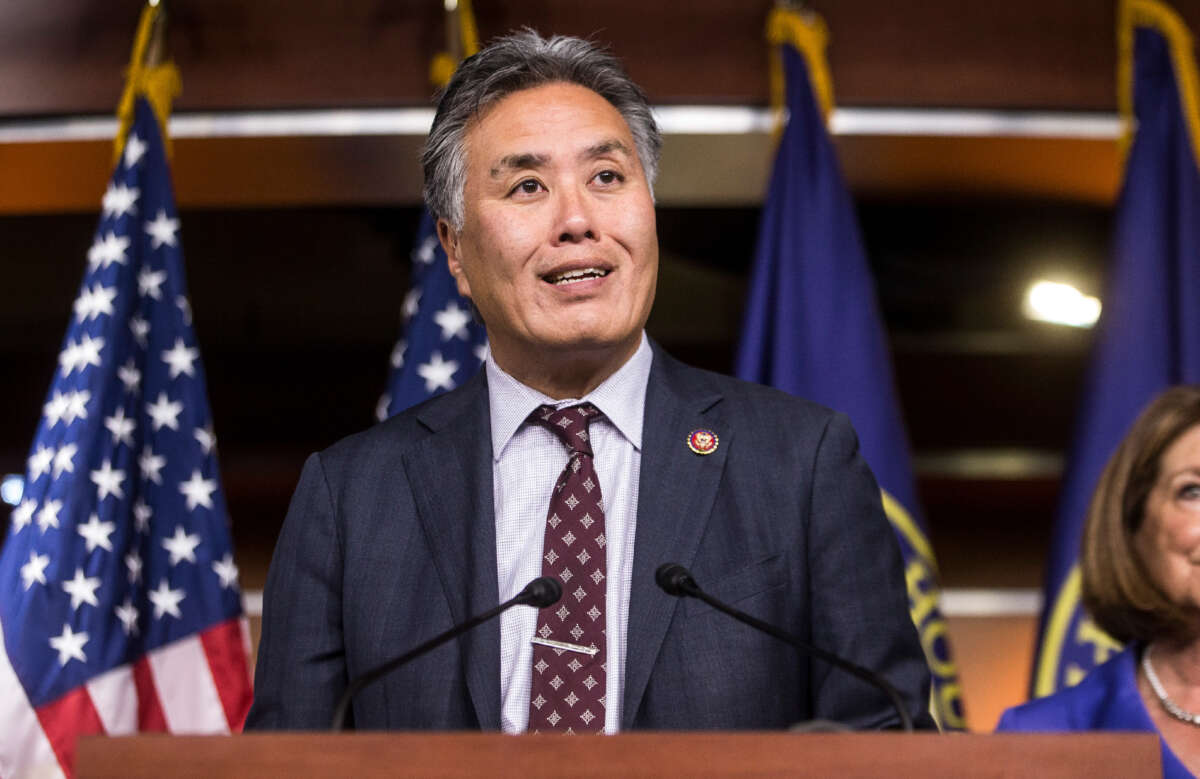Rep. Mark Takano is planning to introduce a proposal that would shorten the standard work week in the U.S. to four days as the idea gains traction in Washington.
Takano, a Democrat from California, is planning to reintroduce a bill that would amend the Fair Labor Standards Act to establish a standard work week that is 32 hours rather than 40, amounting to four eight-hour workdays. Hours worked past that period, unless otherwise specified, would be subject to higher compensation.
Per Semafor, Takano says the bill would help move American work standards into the future as more and more employers adopt a shorter work week or are working toward the goal.
“We have before us the opportunity to make common sense changes to work standards passed down from a different era,” Takano said in a statement. The proposal would “improve the quality of life of workers, meeting the demand for a more truncated workweek that allows room to live, play, and enjoy life more fully outside of work,” Takano continued.
The idea of a shorter work week has gained steam after a recent four-day work week pilot run by advocacy group 4 Day Week Global reported great success last month, with most of the 61 company participants saying they were planning to keep the shorter work week model in the future. The employees, whose pay was kept the same throughout the trial, reported benefits to their mental and physical health, and resignations went down during the 6-month trial period.
Takano’s bill has been endorsed by major labor unions like AFL-CIO, United Food and Commercial Workers and Service Employees International Union, as well as the Congressional Progressive Caucus, which is made up of over 100 members of Congress. Takano first introduced a version of the bill in 2021, with the support of groups like the Economic Policy Institute.
The lawmaker has said that the bill should be paired with an increase to the minimum wage and stronger worker protections in order to ensure that hourly workers could still make a liveable wage with the shorter week.
“This much stronger connection to human mortality has made people value their time,” Takano said in an interview in January 2022, speaking about the “Great Resignation” labor movement spurred by the pandemic. “I think there was a Great Realization among a lot of Americans — how hard they’re working and that they wanted to move on from the jobs that they were working at. So a four-day work week is something that connects a lot of Americans.”
Sen. Bernie Sanders (I-Vermont) has voiced support for the idea. The senator said last week that technological advancements have allowed companies to be far more productive — but currently, corporate executives and major shareholders are the only ones reaping material benefits, with workers’ wages staying relatively stagnant despite the fact that it is their work that is boosting revenue.
“With exploding technology and increased worker productivity, it’s time to move toward a four-day work week with no loss of pay,” Sanders said. “Workers must benefit from technology, not just corporate CEOs.”
There is historical precedent for shortening the standard work week — which, of course, isn’t the universal experience of all workers, in part due to declining work standards and wages. In the 19th and 20th centuries, labor unions worked to pressure lawmakers into shortening the work day to eight hours and the work week to five days, after workers had previously been forced to work grueling hours and six- or seven-day weeks as a standard full-time job.
We have 9 days to raise $50,000 — we’re counting on your support!
For those who care about justice, liberation and even the very survival of our species, we must remember our power to take action.
We won’t pretend it’s the only thing you can or should do, but one small step is to pitch in to support Truthout — as one of the last remaining truly independent, nonprofit, reader-funded news platforms, your gift will help keep the facts flowing freely.
